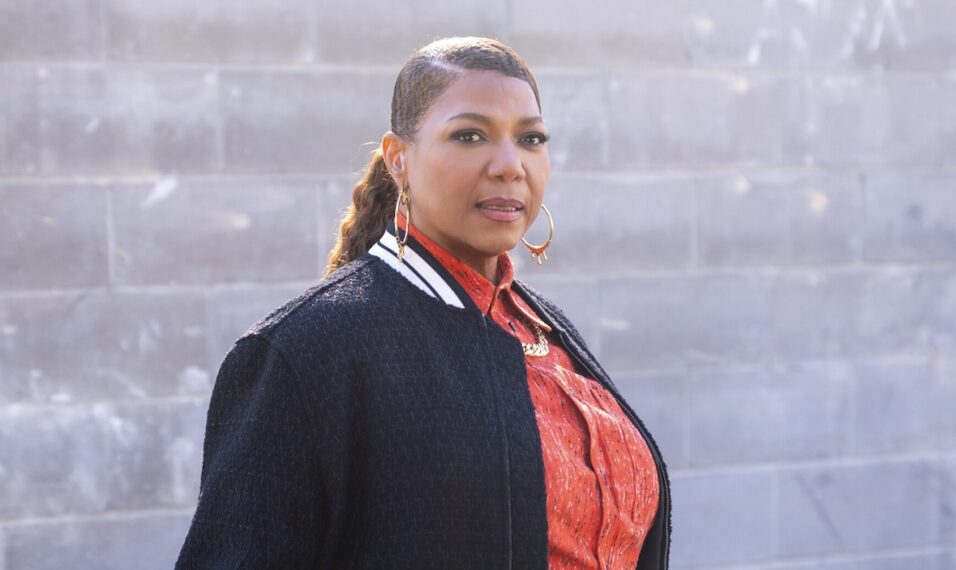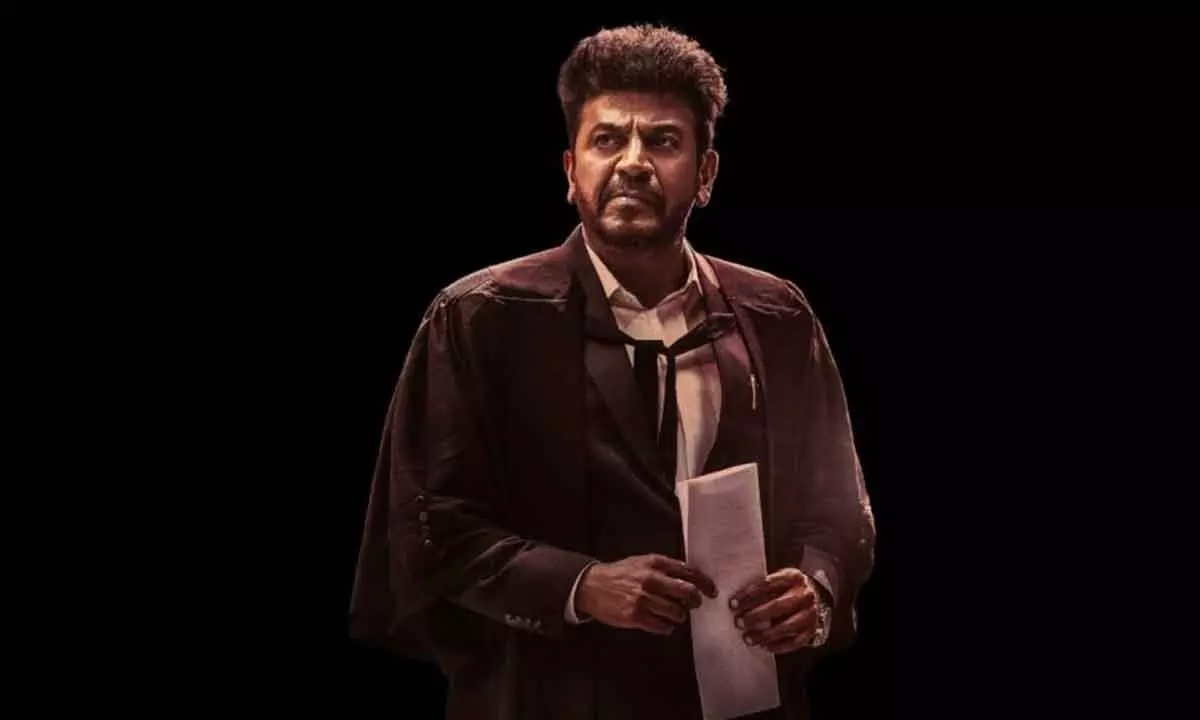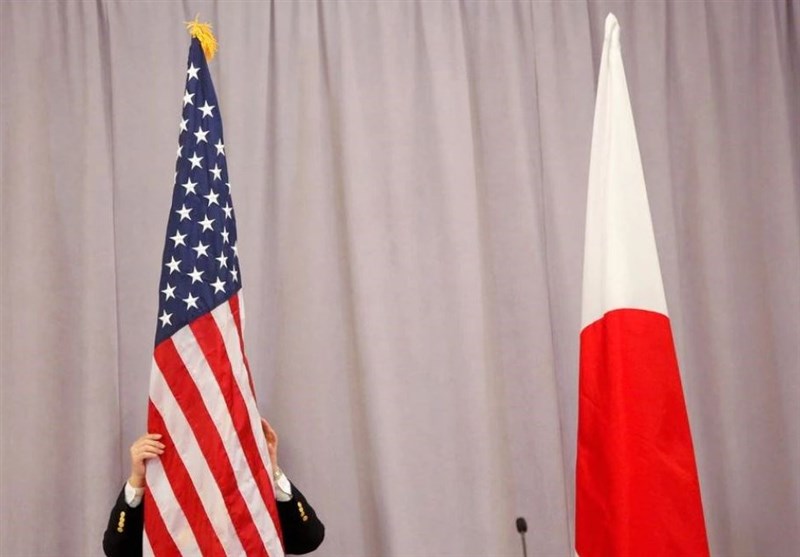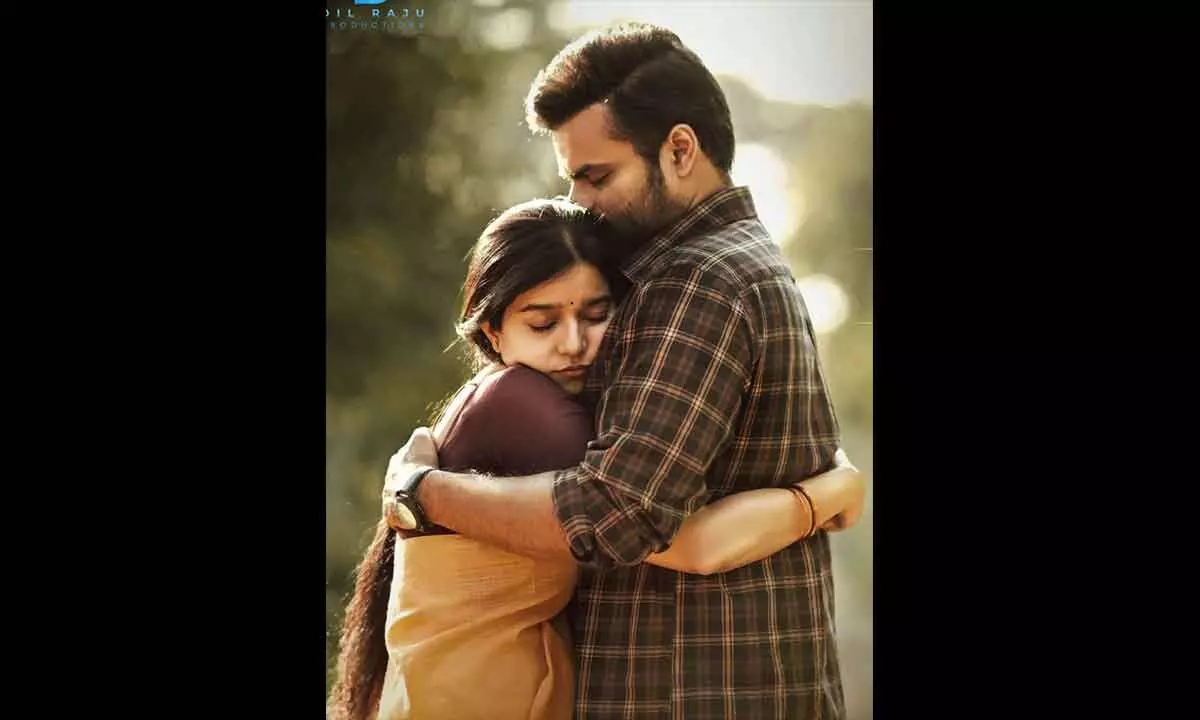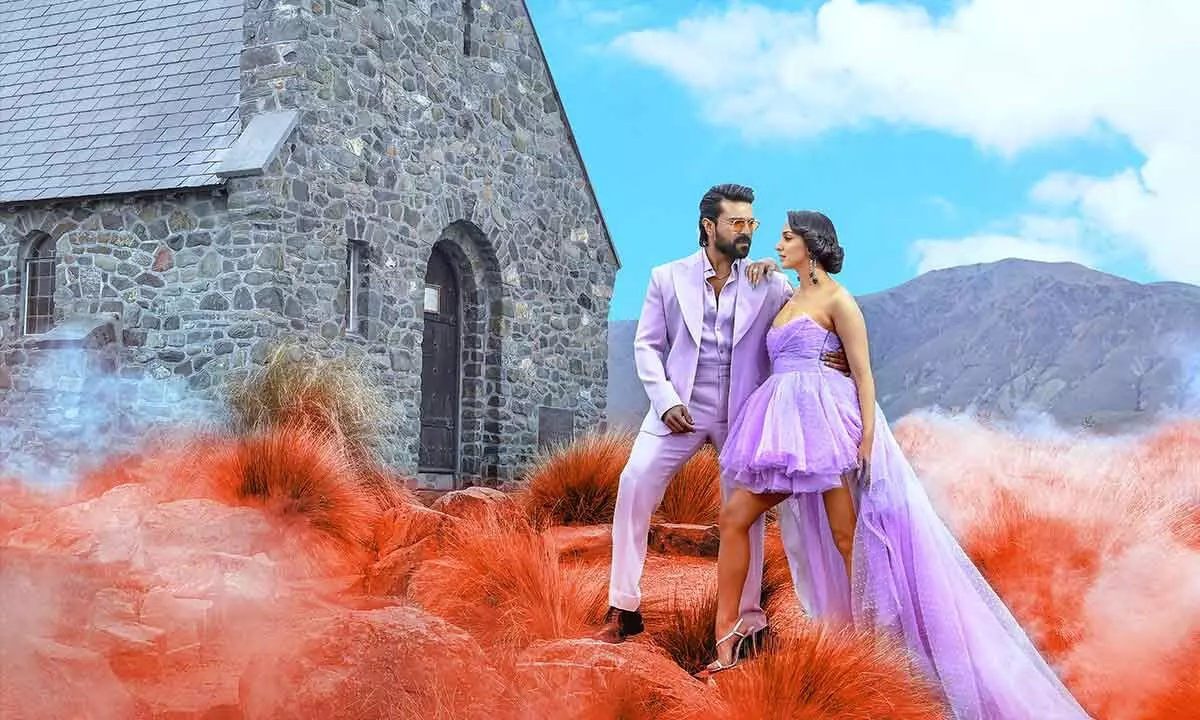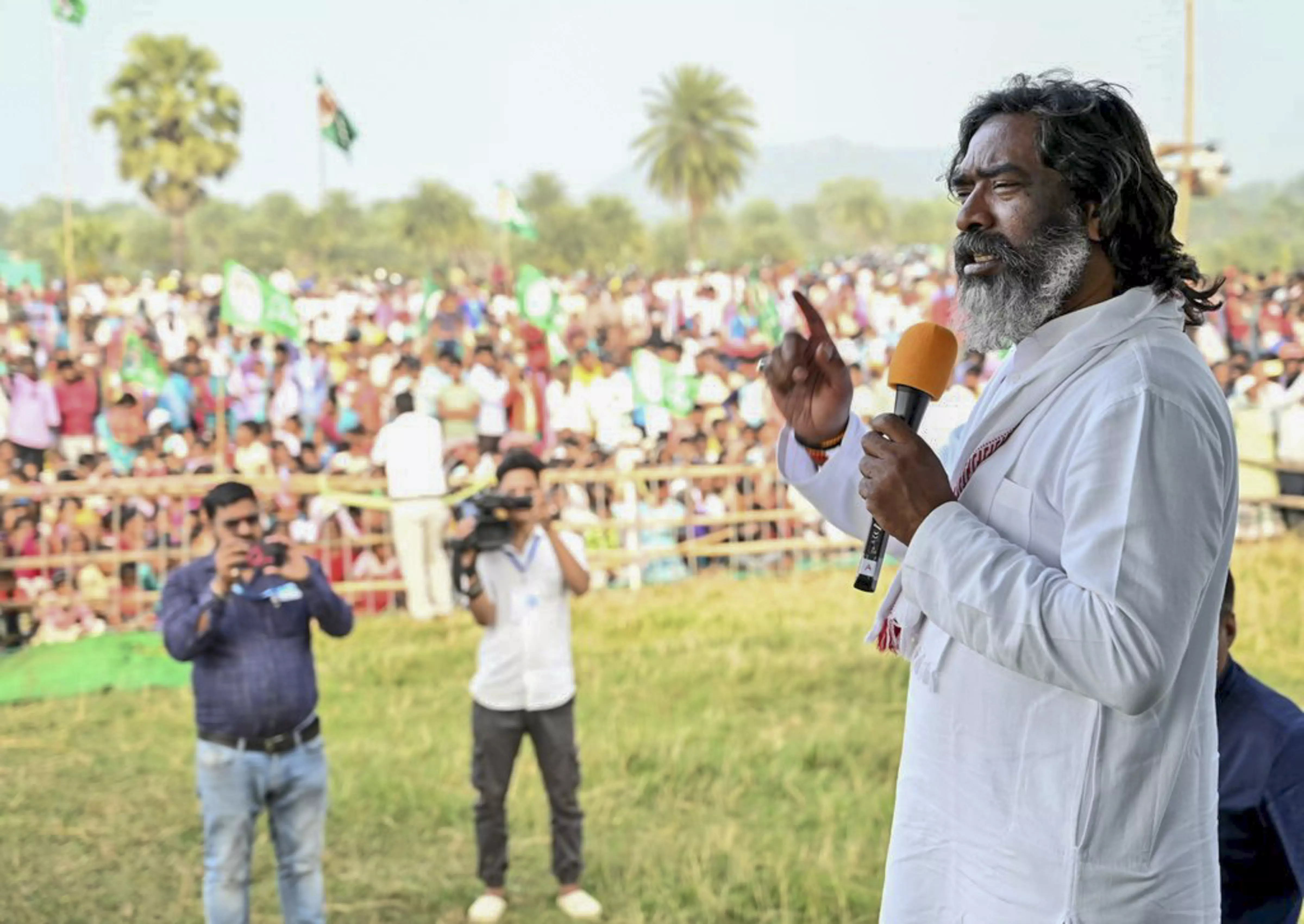The term “Dad TV” has been around for years. Typically it refers to a series with a male lead that’s relatable and an expert in a particular field who overcomes some kind of challenge or unexpected hardship. Throw in a touch of humor, a sense of nostalgia, and a dog or child to protect, and you have a TV series any dad would be happy to watch.
While some may argue that television has always been Dad TV (if you’re over 40, chances are your dad always controlled the remote when you were a kid), the genre has recently evolved. Thanks to strong female leads in what used to be viewed as prototypically male roles, the genre has completely evolved from Dad TV into Grown-Up TV. Eric Deggans, a TV Critic and media analyst for NPR has also noticed this evolution.
Citing two particular reasons for the shift: “ Women watch TV more than men do, so it’s never made sense to make TV shows that focus only on guys because it downplays your biggest potential audiences,” Deggans wrote, referring to procedurals centered on law and crime. “Instead of going for the audience that’s hard to get and charging advertisers more, which is what networks used to attempt to do with young viewers, they know it’s a better business decision to provide content for the audience that’s already there..
. Putting a woman in a traditionally male-centered environment, like in Special Ops: Lioness, for example, plays with relationship dynamics, gives storytellers more tools to work with, and can cr.
